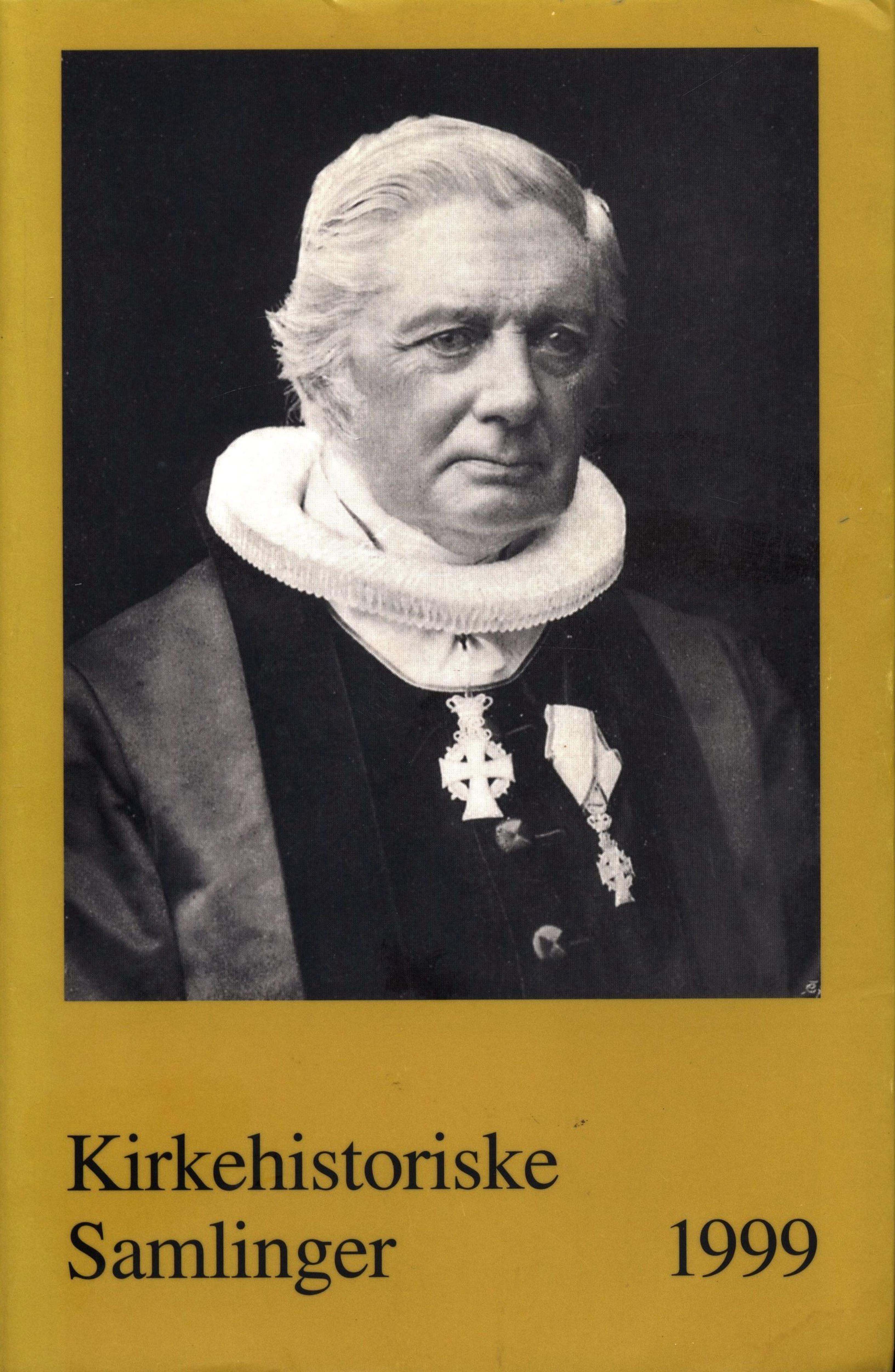Den gode strid: Brud og kontinuitet i landbosamfundets sociale rela- tioner i samspillet med de religiøse vækkelsers nye fællesskabsformer, 1820-1840
Publiceret 15.12.1999
Citation/Eksport
Copyright (c) 2024 Tidsskriftet Kirkehistoriske Samlinger

Dette værk er under følgende licens Creative Commons Navngivelse – Ingen bearbejdelser (by-nd).
Resumé
The agricultural reforms in the late 18. century resulted in a fundamental change of the rural economy in Denmark as well as the social framework of the danish peasant, during the 19. century. Previously, the local village had formed a natural and given social environment. At this time the peasant gradually experienced common values with individuals from distant parts of the country due to agrarian capitalism and social movements,. This process was initiated by a number of religious revivals mainly in the 1820’s. This article focuses on the nature of the conflict between old and new forms of social interaction in a parish on Fyn where one of the most dramatic religious revivals took place. Through analysis of the pattern of events, phenomenological analysis of texts, statistical analysis of the social interaction in connection with marriages and finally a sociological approach, it is shown that former conceptions of the revivalist movement as generally cultural renewing does not fully reflect the complexity of the situation. The revivalist movement was coexisting with earlier patterns of social interaction, in fact these were the most persistent in the long run. The revivalist group emphasized the contradiction between the members of the group and the surrounding society. This is apparent in their writings and in the pattern of events, but should first and formerly be interpreted as religious rhetoric with the purpose of displaying the new identity of the true believers. However, it is also apparent that although shortlived the revival constituted a change in the social relations which heralded the vast social and religious transformations of the 19. and 20. century: Secularization. As Hanne Sanders has pointed out, religious practice gradually became a matter of interest for the individual and not the group.

